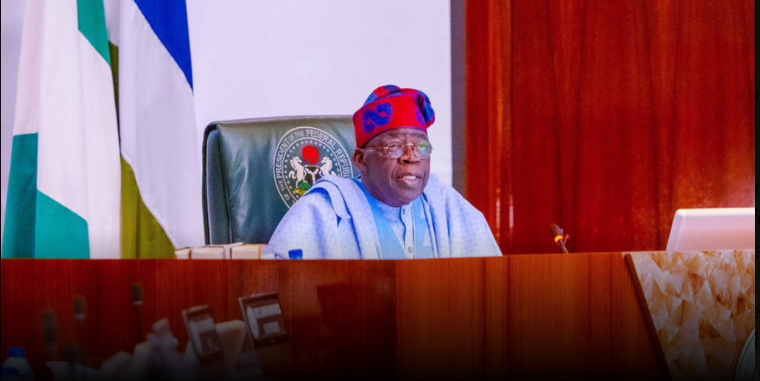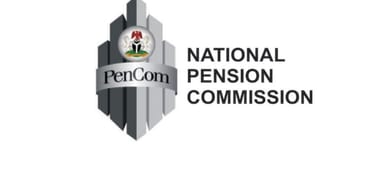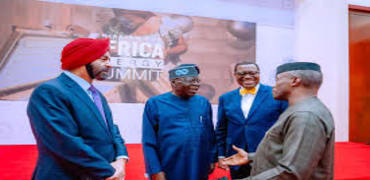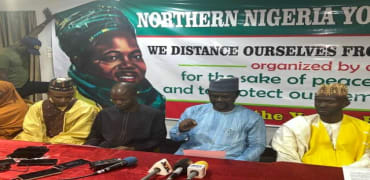Tinubu's Bold Reforms Or Atiku's Missed Opportunity? Presidency Hits Back Amid Economic Debate
"Tinubu’s Bold Reforms or Atiku’s Missed Opportunity? Presidency Hits Back Amid Economic Debate"
By Achimi Muktari
In a striking rebuttal to recent criticisms, the Presidency has called out former Vice President Atiku Abubakar for promoting what it terms “soft” economic policies that would worsen Nigeria’s crisis, as opposed to President Bola Tinubu’s bold, direct reforms. The clash between the two political heavyweights centers around a crucial question: is Tinubu’s approach the painful but necessary cure, or is Atiku’s call for gradual reform the wiser path?
Atiku, a former presidential candidate and longtime politician, recently lambasted Tinubu’s “trial-and-error economic policies,” blaming the President for the rising cost of living and “excruciating pain” across Nigeria. Atiku suggested that a gradual, empathetic approach would be more effective, even outlining his own recommendations for handling subsidy removal and inflation.
Yet, in a response signed by Special Adviser Bayo Onanuga, the Presidency defended Tinubu’s choices, stating they address problems Atiku and former President Olusegun Obasanjo “should have solved decades ago.” The statement highlighted Nigeria’s unsustainable subsidy programs and complex foreign exchange policies as key examples of issues that Tinubu tackled but previous administrations left largely unchecked.
Presidency Fires Back
“While advocating for gradual reforms may sound appealing,” Onanuga wrote, “Tinubu took measures that should have been taken decades ago by Alhaji Abubakar and his boss. Nigerians rejected Atiku’s vague ideas in the 2023 election, partly because he failed to reassure the public about his plans for key economic reforms. His vision for Nigeria was unclear, and voters were wary of his past, particularly his management of the controversial privatization program during his tenure as Vice President from 1999 to 2003.”
Onanuga’s statement underscored the Tinubu administration’s stance that quick, decisive action was crucial to prevent further decline. According to the Presidency, Nigeria’s fuel subsidy program and multiple foreign exchange windows were hemorrhaging money, benefiting only a small elite, and stalling critical infrastructure investments. The removal of these subsidies and the unification of the exchange rate, though painful, were aimed at stopping financial leaks and stabilizing the economy long-term.
The statement continued, “No leader worth his name would allow dysfunctional subsidies and market arbitrage to persist. Alhaji Abubakar’s advocacy for a gradual approach shows he’s out of touch with the gravity of the issues.”
Economic Fallout and Public Reaction
Since Tinubu’s reforms took effect, many Nigerians have felt the sting in their wallets. Food prices, fuel costs, and transportation expenses have soared, pushing the public to call for quick solutions. Tinubu’s supporters argue that these sacrifices are necessary and temporary, with his policies intended to stabilize the economy for sustainable growth. In response to public outcry, Tinubu has rolled out targeted social programs, such as cash transfers to vulnerable families, to mitigate the shock of these changes.
Critics, however, including members of the opposition party, continue to question whether the benefits are worth the immediate hardship. Atiku’s recent comments reflect this skepticism, echoing the sentiment of those who believe the government is overlooking the social toll of its reforms.
Think Tank Supports Tinubu’s Strategy
In a show of support, the Independent Media and Policy Initiative (IMPI) released a statement endorsing Tinubu’s economic reforms. Dr. Niyi Akinsiju, Chairman of IMPI, argued that Nigeria was on the brink of a financial crisis due to decades of unchecked “populist policies” that prioritized short-term gains over long-term stability. According to the IMPI, Tinubu’s moves to remove fuel subsidies and unify exchange rates are critical, albeit challenging, steps that Nigeria needed to avoid a downward economic spiral similar to that experienced by Venezuela.
Drawing comparisons between Nigeria’s past policies and those that led to Venezuela's economic woes, Akinsiju noted, “Decades of poor governance turned what was once one of Latin America’s most prosperous countries into an economic and political disaster. Venezuela’s overreliance on oil, excessive subsidies, and tight control over foreign exchange took it down a path of financial ruin.”
The statement continued, “While Nigerians are rightfully concerned with the immediate impact on their cost of living, the reality is that Tinubu’s reforms are designed to prevent long-term economic failure. Such difficult choices cannot be postponed without risking further collapse.”
Public Perception and Political Stakes
The struggle between Tinubu and Atiku over economic philosophy has highlighted contrasting views on how best to handle Nigeria’s current economic challenges. Atiku’s call for a “gradualist” approach appeals to citizens weary of rising costs and instability, while Tinubu’s decisive measures—though criticized for their impact on Nigerians’ immediate welfare—are intended to restore fiscal responsibility and attract investment for sustained economic growth.
The debate has intensified public discourse on how long Nigerians can withstand Tinubu’s reforms before positive changes materialize. Analysts argue that the stakes are high for both men: Tinubu’s success or failure could determine not only his legacy but also the political fortunes of the ruling party ahead of the 2027 elections. For Atiku, challenging Tinubu’s policies is a strategic move to position himself as a compassionate alternative leader, with an eye on consolidating support within the People’s Democratic Party and beyond.
While it remains uncertain how quickly Nigerians might see relief from these policies, the administration is banking on the long-term payoffs. Supporters of Tinubu’s reforms, like the IMPI, assert that his strategy is bold yet necessary, while critics worry about the repercussions of severe economic adjustments on vulnerable populations. As the 2027 election draws nearer, the unfolding economic outcomes will undoubtedly shape not only Tinubu’s presidency but also the broader political landscape, where both he and Atiku continue to vie for public approval and influence.
For now, Nigerians wait, caught in the crossfire of contrasting economic visions, as the nation grapples with the immediate pains of reform and the distant hope for a stable future.





















